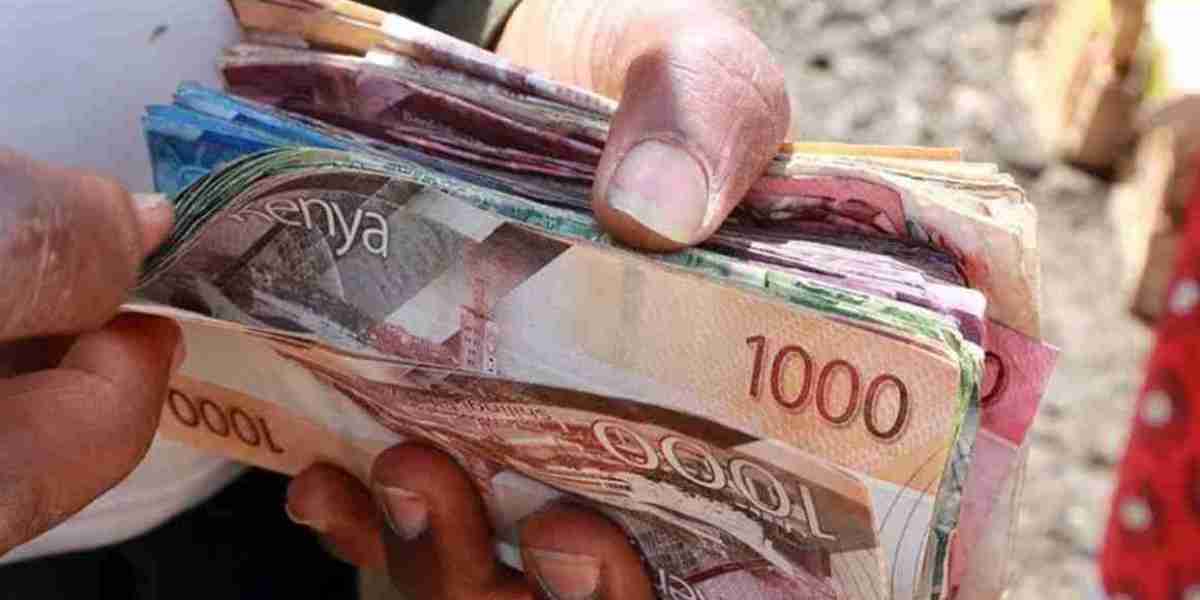
Some companies experienced cash flow challenges in March while consumer demand also dropped. PHOTO | SHUTTERSTOCK
Kenya’s private sector activity dropped in March, reversing gains a month ago after some companies experienced cash flow challenges while consumer demand also dropped, according to a closely watched monthly survey.
Stanbic Kenya Purchasing Managers Index (PMI) — a measure of private sector activity such as output, new orders and employment— fell to 49.7 compared with 51.3 in February.
PMI readings above 50 signal growth in business deals over the previous month, while levels below that mark point to a contraction.
Private sector activity had shown glimmers of recovery in February after posting the first growth since August last year on the back of rising demand for goods and services, which prompted firms to increase output.
Read: Business activity rebounds first time since August
Consumer demand was, however, short-lived, with corporate managers reporting lower sales last month than in February.
This resulted in an output cut, according to findings of the PMI which is based on feedback from about 400 panelists drawn from key economic sectors of agriculture, manufacturing, construction, wholesale and retail, services and mining.
“Output, new orders and purchasing activity contracted due to fewer sales and less readily available cash flow,” Christopher Legilisho, an economist with South African-based Standard Bank, the parent firm of Stanbic Bank, wrote in the PMI report on Thursday.
“Firms noted that, despite lower inflation, a stronger shilling against the dollar in March, and increased marketing efforts, cost-of-living pressures are still subduing consumer demand.”
Inflation, a measure of the increase in the cost of goods and services over the previous year, grew at the softest pace in 24 months in March to 5.7 percent on falling food and energy costs, the Kenya National Bureau of Statistics reported last Friday.
The shilling, on the other hand, gained about 8.21 percent against the US dollar in March to close the month at 131.80 units compared with 143.59 levels in February, according to official rates published by the Central Bank of Kenya.
The easing inflationary pressure amidst the strengthening shilling in a net import economy was expected to free up some cash for expenditure. The PMI findings, however, point to subdued consumer purchasing power, which is reflected in lower sales in the review month.
“That said, positively, firms continued to hire and increase inventories because they foresee improved demand,” Mr Legilisho said. “Though off a low base, business expectations for 2024 recovered somewhat, led by wholesale and retail services firms; the index for future expectations had hit the weakest level on record in February.”



